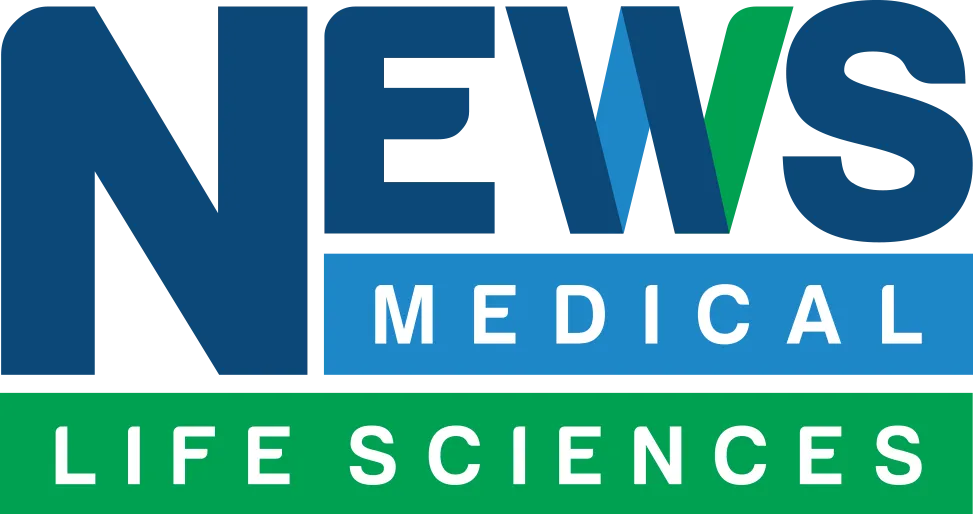Healthcare Innovations: Improving Pragmatic Clinical Trial Result Adoption

Healthcare Challenges in Trial Result Adoption
Recent research from the Harvard Pilgrim Health Care Institute, in collaboration with Duke University and Kaiser Permanente Washington Health Research Institute, unveils significant challenges in the healthcare sector regarding the practical application of clinical trial results.
Key Findings from the Research
- Integration of Research: Incorporating trial outcomes into routine practices is vital.
- Improving Medical School curricula to emphasize translational research.
- Identifying barriers facing healthcare providers in understanding clinical findings.
Strategies for Improvement
- Enhance Education: Medical students should gain insights into pragmatic trials.
- Healthcare systems need a robust framework to support the application of trial results.
- Engagement with healthcare professionals to encourage research implementation.
These steps are essential for realizing the full potential of medical research and improving healthcare delivery systems.
Disclaimer: The information provided on this site is for informational purposes only and is not intended as medical advice. We are not responsible for any actions taken based on the content of this site. Always consult a qualified healthcare provider for medical advice, diagnosis, and treatment. We source our news from reputable sources and provide links to the original articles. We do not endorse or assume responsibility for the accuracy of the information contained in external sources.
This article was prepared using information from open sources in accordance with the principles of Ethical Policy. The editorial team is not responsible for absolute accuracy, as it relies on data from the sources referenced.